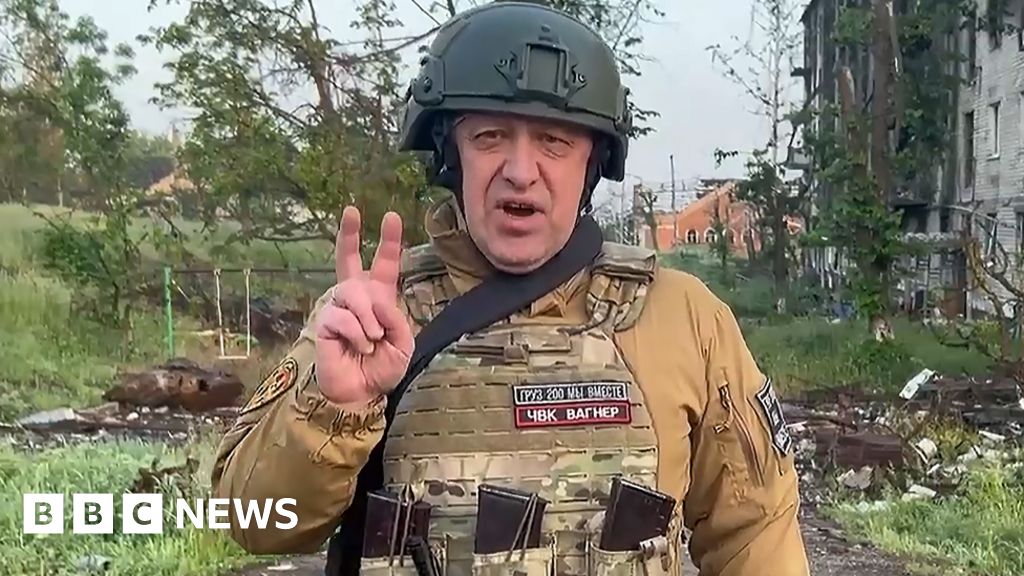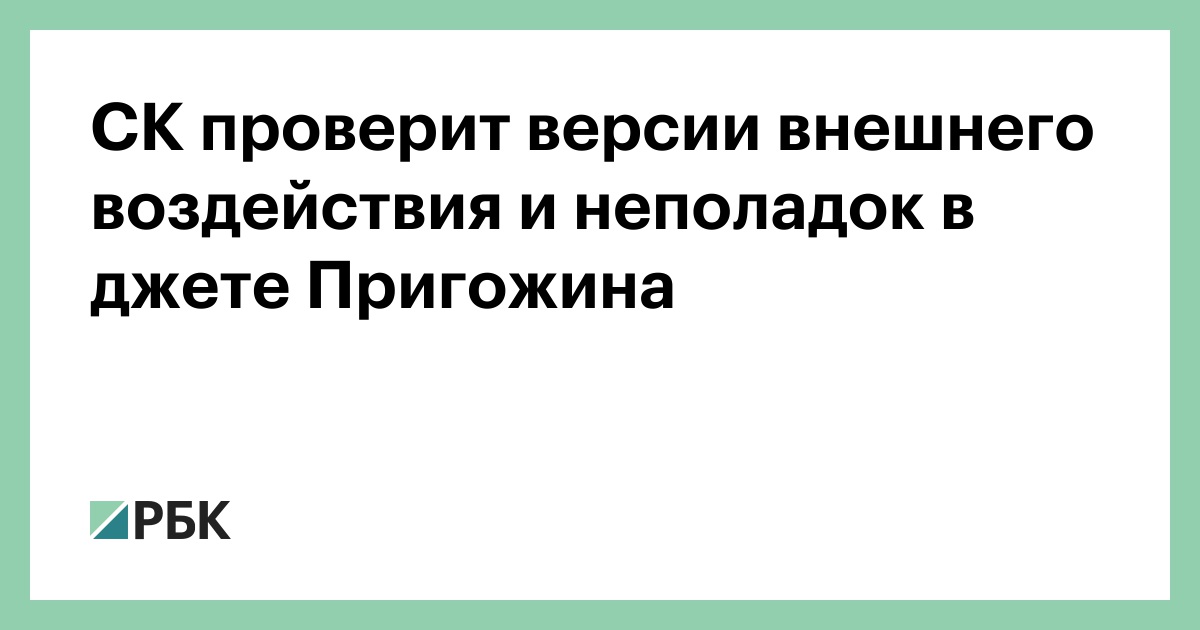After writing the post, I decided to “voluntarily” move it to the Gen Russia thread as it probably belongs here. Sorry, Larry.
It may seem silly, but that is what they are feeding their population on a daily basis, as well as the children abducted from Ukraine. You see the same thing to a much lesser extent in the US during many unpopular wars. Each side feeds the other. The difference is Russia currently has no internal restraint. NATO was created around an idea. The current state is not ideal, although it does have promise. The idea is that most people can live well worldwide, especially those in NATO. The UN could be the same if an alternative to the veto situation could be implemented. Ukraine is not fighting for the free world. They are fighting for themselves, Russia's neighbors, and the idea that people can live well in relative freedom from oppression. In a sense they are also fighting for the Russian people.
This “feeding” isn’t really a new thing though and neither is the daily basis. In fact, it never stopped, aside from a few years (even then, not really) in the early 90’s. Naturally, it would only increase in the current environment. Same is true for the other side. Absolutely agree, each side feeds the other, which is a problem and why we are here in the first place.
While silly, in my opinion, it is a real issue because it is pushed on people as reality. I mean many people really believe that Russia wants to occupy Poland, Baltic States, etc; basically, you name it, Russia wants it. Not only they want it, but they will try to take it. And this is a complete rubbish, of course, but it works. Real issues are not looked at and dealt with in any serious manner but followed by escalation. In fact, they are presented as complete nonsense and nonissues, simply made up stuff. To make it relevant to this thread and keep the discussion on track, take NATO expansion as an example and Ukraine in particular, how it got to where it is today. There are many opinions published on the subject, some better, some worse, some completely invalid. Any NATO expansion was
always a great concern for Russia. The early stages of the expansion were always met with criticism (even sense of betrayal), which was always communicated to the counterparts. For example, back from nearly 30 years ago, a few excerpts from a NYT article discussing the issue (interestingly, and partially my point, compare what Yeltsin and Clinton were saying back then and what was said before and after the beginning of the current crisis - in fact, for years and decades);
In caustic tones reminiscent of the cold war, President Boris N. Yeltsin of Russia bluntly told other world leaders in this former Communist capital that NATO was trying to split Europe with its plan to admit members from the former Warsaw Pact and that the United States should not be allowed to dominate the world.[…]
Today Mr. Yeltsin reminded his European and North American partners gathered in the Communist-modern Budapest Convention Center of Russia's eminent role in making foreign policy in Europe.
Obviously angered by the NATO decision last week to begin defining the conditions for NATO membership, Mr. Yeltsin lashed out at those nations that would leave him out of what the Americans call "the new security architecture" for Europe. Russia fears that a group of NATO-equipped armies on its western borders could become a threat.
"Why are you sowing the seeds of mistrust?" Mr. Yeltsin asked the 16 NATO members about the prospect of increasing their membership, adding that in the aftermath of the cold war, "Europe is in danger of plunging into a cold peace."[…]
Mr. Clinton's hurried appearance at the opening of the two-day meeting did not bridge the expanding gap between the two countries.
"NATO will not automatically exclude any nation from joining," he said. "At the same time, no country outside will be allowed to veto expansion."
I would suggest reading the entire article because it is quite reminiscent of the events that took place that are quite relevant to what is happening today, what happened in Yugoslavia, etc. And just for the sake of irony, what was said and quoted above, was said none other place but Budapest and the article is from December 6, 1994.
The irony of Mr. Izetbegovic's dramatic presentation was that while he was speaking, the leaders who hold the key to a Bosnian settlement were not there. Mr. Clinton, Mr. Yeltsin, Mr. Mitterrand and Mr. Major were attending a ceremony in which they pledged in writing to give Ukraine security assurances in exchange for its formal agreement to become a non-nuclear power.
Almost forgot the article itself:
YELTSIN SAYS NATO IS TRYING TO SPLIT CONTINENT AGAIN (Published 1994)
I could provide numerous quotes and links from over the past three decades, as thankfully some older reports have been digitized and are not hard to find, but I believe the above makes it pretty clear that issues that were voiced have never been resolved, or even addressed properly in the first place. There were attempts, sure, but never a resolution. In fact, simply reading the quoted parts above, that were said long before there was any (open and serious) talk about Ukraine joining NATO and NATO’s borders were still far and away from Russia, and compare to the conversations that took place a couple of years ago and prior, one may assume that it is two idiots talking, repeating themselves over and over and over
Here is an excerpt from a decent paper titled
Russian Perception of the Atlantic Alliance. The paper is from the late 90’s.
However, the condition of international anarchy is not immutable and is mitigated by a number of institutions and practices, such as alliances, international law and the practice of diplomacy, which forge trust and cooperation between states. However, the key factor which is critical to the success of these instruments is the existence of mutual perceptions of trust forged on a common sense of purpose and identity. Where such perceptions do not exist, and where there remain significant sources of mutual suspicion and distrust, then the danger of an escalating spiral of a mutual sense of insecurity - the so-called "security dilemma" - is an ever-present possibility. Robert Jervis who has written most fully on the role of perceptions in international relations illustrates this in the following way:
Once a person develops develops am image of the other -ambiguous and even discrepant information will be assimilated to that image. ... If they think that a state is hostile, behaviour that others might see as neutral or friendly will be ignored, distorted, or seen as attempted duplicity. This cognitive rigidity reinforces the consequences of international anarchy.
And another:
However, the success of the Founding Act should not obscure the strength of the continuing Russian opposition to NATO enlargement, which President Boris Yeltsin indicated in his speech in Paris at the signing of the Founding Act and which reflects a near consensus in the Russian political spectrum. The reality is that Russia remains resolutely opposed to the principal argument of the advocates of NATO enlargement that it would bring stability to Central Europe which is as much in Russia's interest as the West's.
And the last one:
The principal conclusions are that Russia continues to have a highly ambivalent, and at times explicitly negative, attitude to NATO and the post-Cold War developments within NATO.
Here is an excerpt from another article from 2020:
A majority of young Russians distrust NATO more than any other organization and disagree that Russia is a European country, according to a recent poll conducted by Russia’s independent Levada Center and Germany’s Friedrich Ebert Foundation.
These organizations’ research on the opinions of Russia’s “Generation Z” (aged 14 to 29) revealed that 80 percent expressed a strong to moderate degree of distrust toward NATO.
The article:
Poll: Majority of Young Russians Distrust NATO, Don’t Consider Russia a European Country | Russia Matters. You can imagine what the older generations think.
So yes, while silly, the (same) drums are being drummed and nothing is changing. When two kids are arguing by simply repeating the same thing to each other, we, as reasonable adults, advise them to change their approach in order to find a resolution. In this case, it seems most capable (I mean they were elected to the highest positions by the masses!) adults keep doing the exact same for decades and we let them. The stakes are quite a bit higher though than a couple of kids arguing over something completely meaningless outside of their world.
As this has gotten a but out of hand on my part, I will be extremely brief in my response to the remaining points and will try to fit it all in one post.
In regards to NATO being created around an idea. Soviet Union, for example, was created around an idea too. That idea also meant well, believe it or not. The idea was also that people can live well worldwide, especially those in the Union. I am almost laughing out loud here as I write this, but it is true. While we all know how that went, the point is that there are different ideas around. In other words, refer to the first excerpt from the Russian Perception paper above.
The UN doesn’t matter because those capable will always act in their own interest and those (or at least some of those) who can benefit will support (or st least not oppose) the capable party. Even NATO doesn’t exactly matter in this context.





